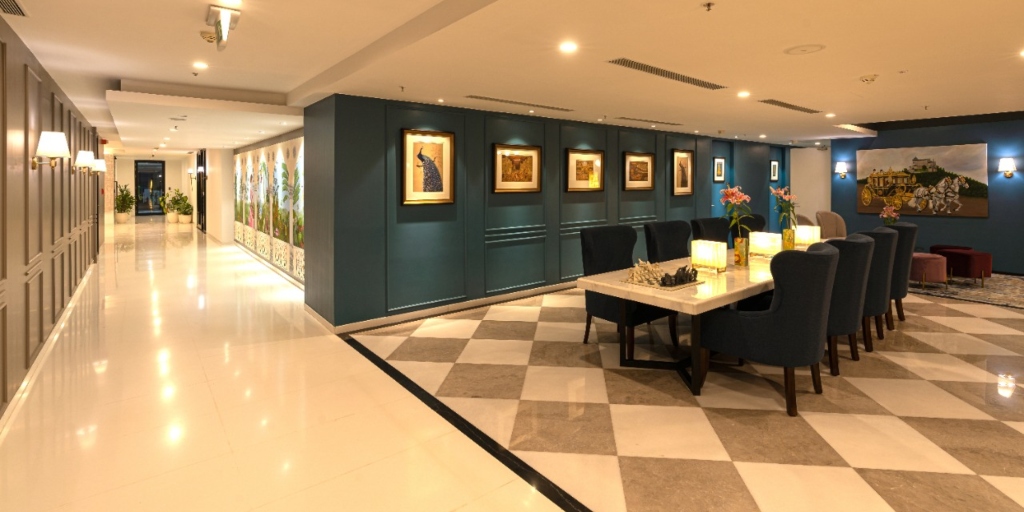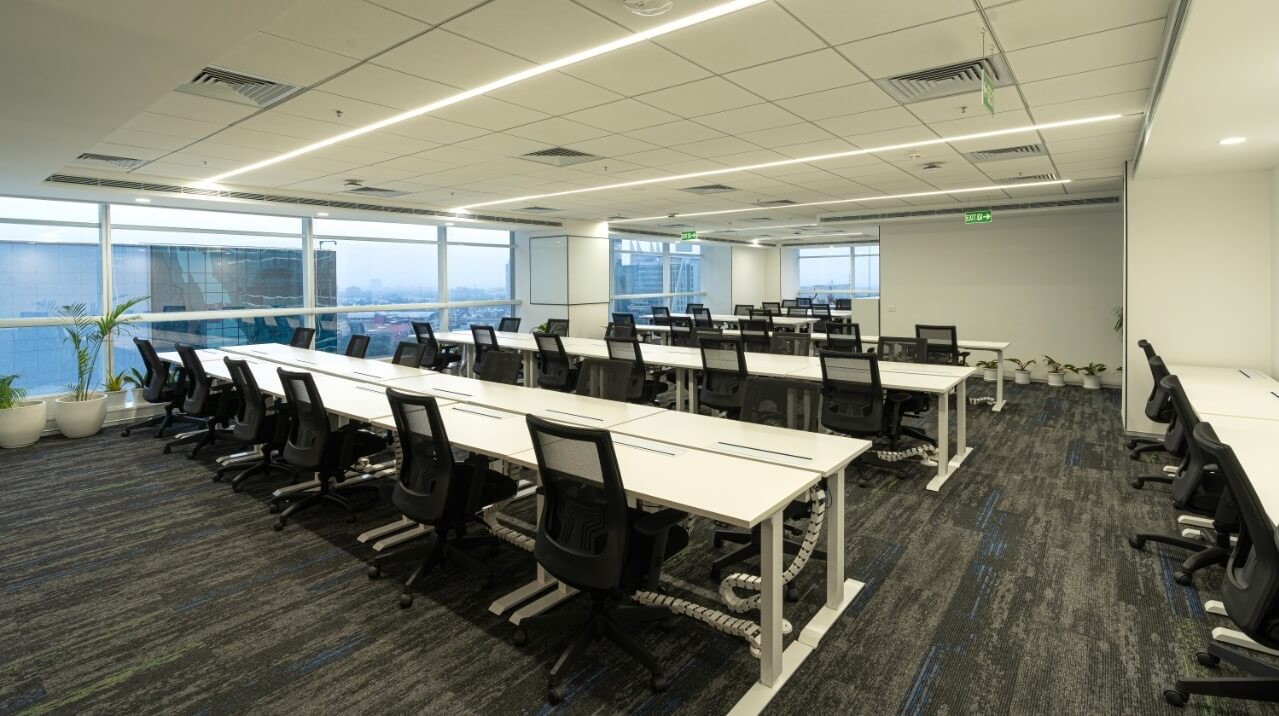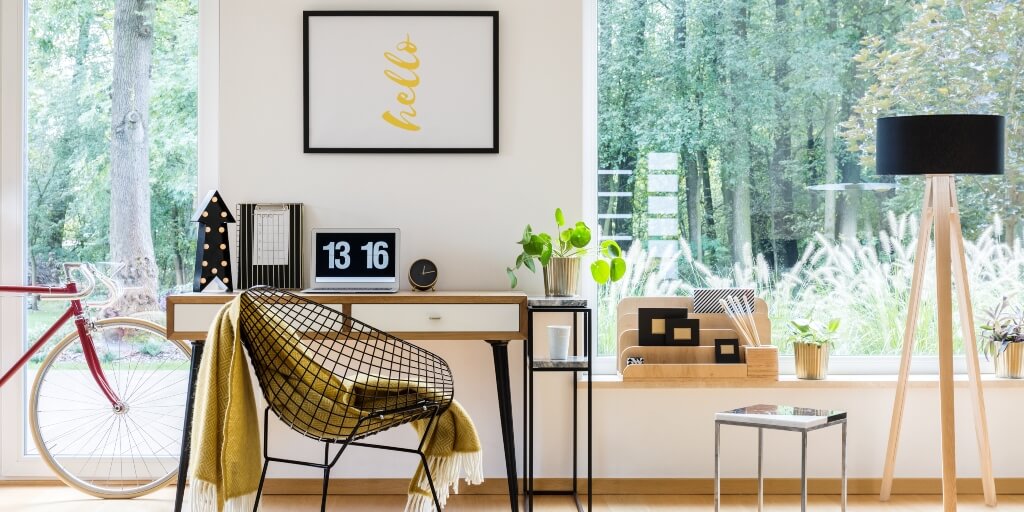Workplace trends have constantly been changing for the last three decades. From cubed seating of the 1950s to open spaces of the 1990s and the introduction of leisure rooms with flexible formats and better amenities in the early 2000s. The workplaces have been evolving towards a more futuristic model with continuous innovations in IT and more focus towards community spaces.
However, COVID-19 has certainly altered the course of these innovations.
For several months, most of the workforce was forced to switch to remote operations but with most restrictions lifting up, we can see people returning to a state of normalcy.
THE DILEMMA
As the situations continue to improve, a new debate is proving to be a concern for many organisations on whether the workforce will return to offices or will remote operations become a new normal.
Collaborative technologies such as Zoom, Google Hangouts and other services proved to be of great help in adapting to the work from home set up easily. Apart from this, enterprises support the idea of permanent work from home as well, as they can save money on reduced real estate costs.
However, nothing can replace the usual office camaraderie with the colleagues. Judith Olson who is a professor of informatics at the University of California has been studying what she calls “distance work” for about 30 years and she has some warnings. She believes if remote operations become a permanent solution collaborations with colleagues might suffer substantially. She also says that one can continuously feel lonely and isolated.
Taking a lead, here are the companies making a tough decision following the heated work from home debate
- Apple which is known for its unique culture and tendency towards secrecy is not fully embracing remote work and has asked certain employees to return to the office.
- Aaron Levie, the CEO of Box, a cloud content management and file-sharing service for businesses is seen taking a different approach when he announced that all employees will work from home until the end of the year only.
- Tech companies Twitter and Facebook captured headlines with announcements of permanent work from home.
- Adding to that in a survey by S&P Global, it was found that 67% of enterprises will keep work from home policies in place, long-term or permanently.
WHAT IS NEXT FOR WORKPLACES?
While it remains uncertain what trends dominate the future workplace, we can expect business to return to a normal state of affairs with more flexible and technologically advanced workspaces.
We can expect more enterprises to be seen working out of Grade A spaces. Quick to adapt to changes, Grade A spaces were seen instilling many preventive measures such as air purifiers, sanitary systems and HVAC while adhering to social distancing guidelines to discourage the spread of germs. With continuous upgradation in the facility maintenance and administration to a point of complete automation and compliance with international safety standards, Grade A assets remain the pioneer of world-class workspaces for corporates available today.
With cutting-edge technology and the safety of employees as top priorities of the corporates, we believe Grade A spaces will be the most preferable choice of every growth-driven business in the coming years.





